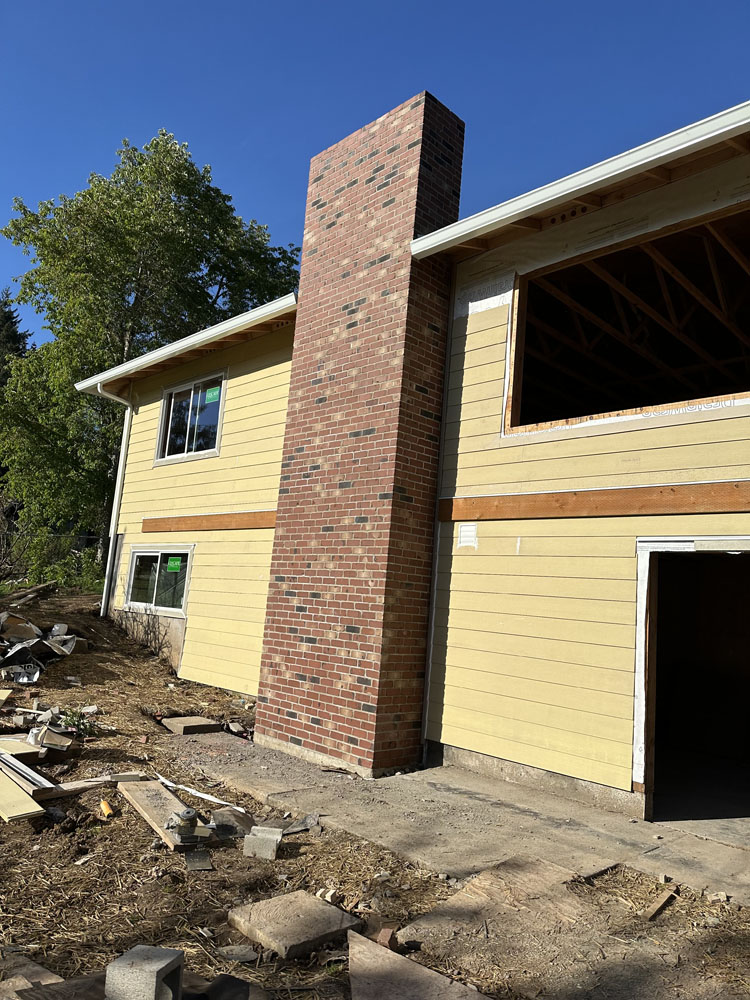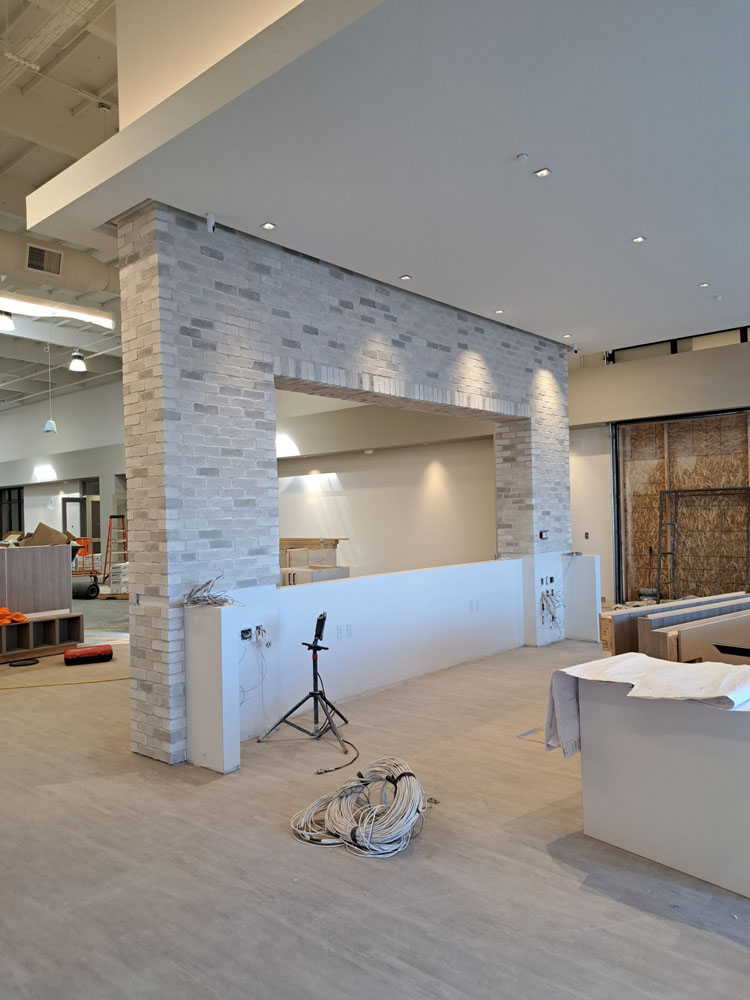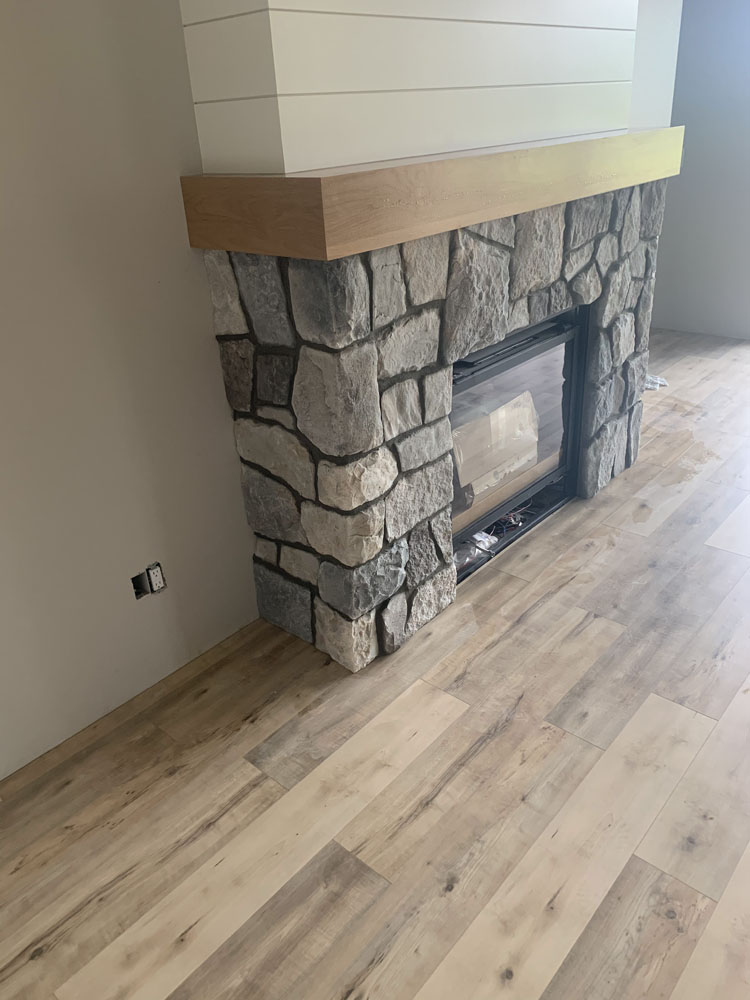Introduction
When it comes to construction, there’s an age-old debate over what materials are best suited for building sturdy, reliable structures. While wood, steel, and concrete have their merits, masonry work stands out like a diamond in the rough. This article dives into the fascinating world of masonry, uncovering its structural benefits that can’t be ignored. So grab your hard hat and let’s dig into the bricks and mortar of this enduring construction technique.
Understanding the Structural Benefits of Masonry Work in Construction
Masonry work is a method that involves constructing structures from individual units laid in and bound together by mortar. This practice has been around for centuries—think of ancient castles or the Great Wall of China! But what makes masonry such a beloved choice among builders today? Let’s break it down.
1. Durability: The Timeless Quality of Masonry
What makes masonry so durable?
Masonry structures can withstand harsh weather conditions, natural disasters, and even pests. Unlike wood that can rot or be consumed by termites, masonry stands strong against Mother Nature's fury.
- Longevity: Structures built with brick or stone can last for decades—sometimes even centuries! Weather Resistance: High resistance to wind and rain reduces maintenance costs. Fireproof Nature: Masonry doesn’t catch fire easily, providing an extra layer of safety.
2. Energy Efficiency: Keeping Costs Down
Can masonry help save on energy bills?

Absolutely! A well-built masonry wall acts as an insulator, helping maintain consistent indoor temperatures.
- Thermal mass: It absorbs heat during the day and releases it at night, reducing heating and cooling needs. Sound Insulation: Thick walls minimize noise pollution from outside—perfect for urban settings!
3. Aesthetic Versatility: Beauty Meets Functionality
Isn't all masonry just plain old bricks?
Not by a long shot! Masonry offers endless design possibilities:
- Variety of Materials: From traditional clay bricks to modern concrete blocks and natural stones. Color Options: You can choose from various colors to suit any architectural style. Texture Variations: Different finishes like smooth or rough can add character to your project.
4. Low Maintenance Requirements: Effortless Upkeep
Do you want to spend time maintaining your building?
No one does! That’s where masonry shines again.

- Less Frequent Repairs: Due to its durability, masonry generally requires fewer repairs than other materials. Simple Cleaning Techniques: Moss or dirt buildup can usually be cleaned with a pressure washer.
5. Sustainability: Building Green with Masonry
How does masonry contribute to sustainable construction?
Masonry materials are often sourced locally and are naturally abundant.
- Recyclable Materials: Many masonry units can be reused or recycled at the end of their life cycle. Energy Efficient Manufacturing: Much lower carbon footprint compared to metals or processed woods.
The Role of a Masonry Contractor in Construction Projects
Now that we’ve established why masonry is beneficial, let’s talk about who brings these benefits to life—a masonry contractor!
6. Expertise in Material Selection: Choosing Wisely
A skilled masonry contractor knows which type of material suits your specific needs best. They consider factors like:
| Material Type | Advantages | Best For | |----------------|-------------------------------------------------|-----------------------------| | Brick | Durable & fire-resistant | Residential buildings | | Stone | Natural beauty & longevity | Landscaping & iconic builds | | Concrete Block | Cost-effective & versatile | Commercial projects |
7. Design Implementation: Bringing Ideas to Life
A proficient contractor translates architectural designs into reality through precise craftsmanship they honed over years of experience.
8. Quality Assurance: Ensuring Standards Are Met
Your chosen contractor must adhere strictly to local building codes and standards—this isn't just about aesthetics; it's about safety!
Understanding Different Types of Masonry Work
There are several types of masonry work you might encounter on your journey through construction:
9. Brick Masonry: Classic Yet Contemporary
Brickwork is often regarded as one of the most traditional forms used in construction today due to its aesthetic appeal and strength.
10. Stone Masonry: Nature's Artistry
Using natural stone adds an organic touch while blending structures seamlessly into their surroundings.
11. Concrete Block Masonry: Modern Marvels
Ideal for large-scale constructions due to lower costs without sacrificing strength—concrete block provides a sturdy base for many commercial buildings.
Innovative Trends in Modern Masonry Work
The world is constantly evolving; masonry contractor https://ramosmasonry.com/about-ramos-masonry-construction-company/ https://ramosmasonry.com/masonry-tips/ https://ramosmasonry.com/location/masonry-contractor-in-lake-oswego-oregon/ https://ramosmasonry.com/masonry-contractor-services/stone-or-brick-fireplace-and-chimney-installation-and-repair/ https://ramosmasonry.com/masonry-contractor-services/brick-or-stone-wall-construction/ therefore keeping up with current trends is crucial! Here are some innovative techniques paving the way:

12. Sustainable Practices in Masonry Work
More contractors are adopting eco-friendly practices such as using reclaimed materials or minimizing waste during construction processes.
13. Smart Technology Integration in Masonry Projects
From drones surveying sites to 3D printing components ahead of time—technology enhances efficiency within the industry!
FAQs About Masonry Work
li13/ol1/li14li14/ol2li15# Is hiring a licensed mason important?- Yes! Licensed masons ensure compliance with safety regulations and building codes.
- Regular cleaning and checking for cracks will help extend its life significantly!
- Start by searching online directories or asking for recommendations from friends who recently undertook similar projects!
Conclusion
In wrapping things up, understanding the structural benefits of masonry work in construction isn't just another item on your "to-do" list; it's essential knowledge whether you're building your dream home or undertaking significant renovations on existing properties! The durability, energy efficiency, aesthetic versatility, low maintenance requirements—all these factors make it clear why so many people turn towards this classic method when constructing anything from residential houses to towering commercial buildings.
So next time someone asks you why you chose brick over wood—or vice versa—you’ll have plenty of reasons at your fingertips! And remember—the right masonry contractor will elevate any project from good to exceptional; don’t skimp on quality when it comes time for those crucial decisions! Happy building!